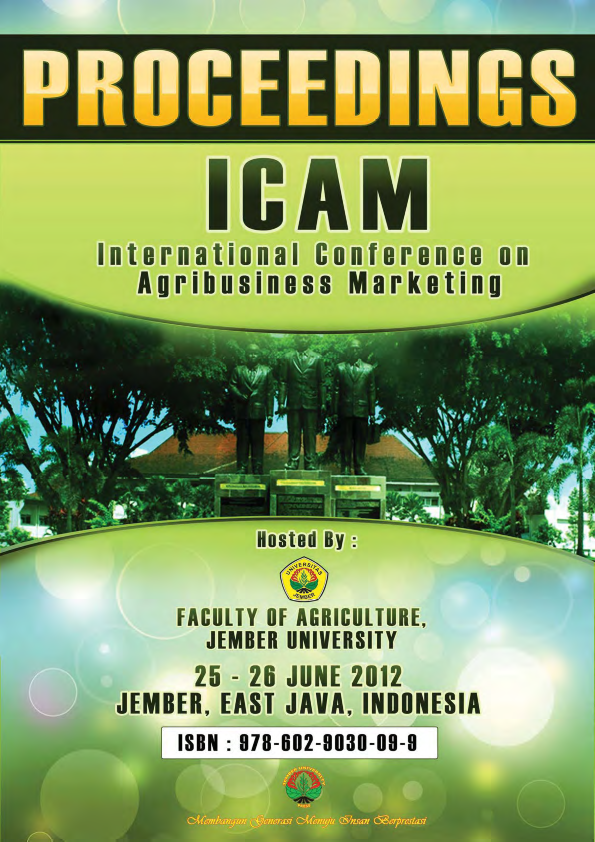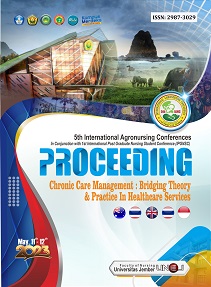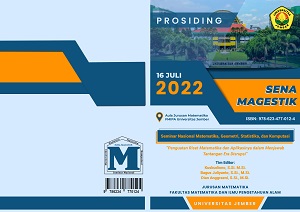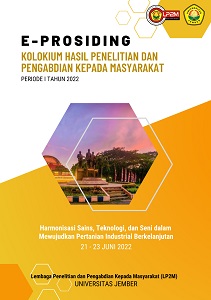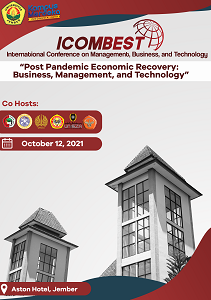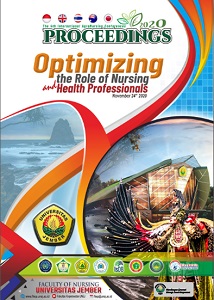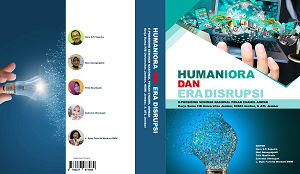AGRIBUSINESS MARKET DEVELOPMENT CASE STUDY : RUBBER
Abstract
The Economic crisis faced by Indonesia since 1998 caused three fundamental
problems : (1) The Crisis made Indonesia's economy had contraction around -13.2% in
1998; (2) The amount of unemployment continued rising; (3) The crisis made the
distribution aspect and income distribution worse. The plantation development is one of
the options is quite realistic with the three main reasons: (1) The plantation business has a
high resistance; (2) The plantation business is still highly prospective; (3) The plantation
business is expected to absorb more labors, while improving income distribution.
Rubber is one of the essential commodities due to it is: sources of revenue,
employment availability; foreign exchange; driver of economic growth in the new centers
around the rubber plantations; and protecting the environment. The current condition in
rubber agribusiness indicates that the rubber is managed by: people, (85%), country estates
and private estates. The obstacles of people plantation are: low productivity, the quality of
rubber is not in accordance with ISO Standard, there is no source of funds for replanting,
the replanting is still slow, the domestic consumption is 7% of the total production, there is
no marketing & promotion media. Problems of marketing and promotion are many areas
do not have marketing and promotion centers, limited information, the role of the
government is low, speculators still have dominant role.
The following steps are necessary to be done as solutions: direct marketing
(shortening the chain of trade by bringing the buyers to the rubber farmers); third-party
marketing (co-marketing arrangements with other companies); establishing centers for the
sale or marketing; the role of government (creating and empowering the rubber auction
market). Efforts to increase productivity and income from rubber can be done through:
establishment of promotion and marketing institution in the people's plantations,
establishment of the auction institution, establishment of the rubber Cooperative agency for
farmers, acceleration of plantation rejuvenation via credit with low interest rates, the use of
superior rubber planting materials, plantation diversification and planting patterns,
infrastructure and production development , processing of rubber and rubber goods
industries as well , ease of regulatory and legal certainty which are the incentives for
investors.

